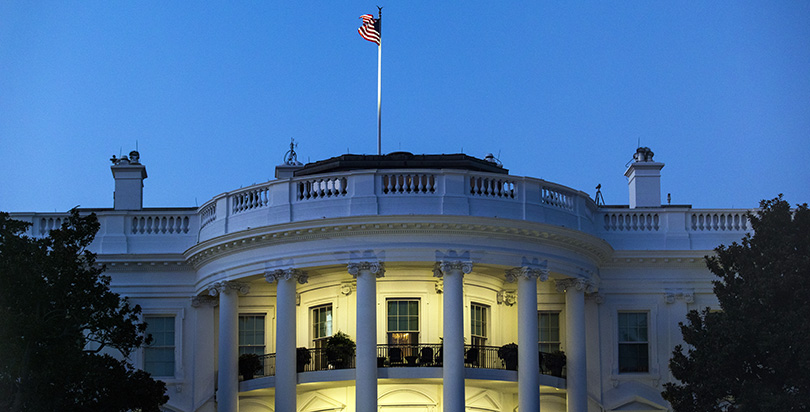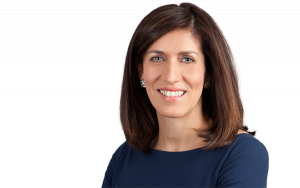Rees: The Charter School Movement Meets in Washington, D.C., at a Pivotal Moment

On one hand, the president has clearly indicated his support for charter schools as part of his larger school choice agenda. Under the president’s recent budget proposal, the federal Charter Schools Program (CSP) would see a nearly 50 percent increase in funding. And the president’s proposed Furthering Options for Children to Unlock Success (FOCUS) initiative could, under the right conditions, open doors to high-quality public schools for more of the nation’s most vulnerable students.
And yet the president’s budget isn’t kind to public education overall. Title I would take a hit, as would IDEA, and competitive programs like the 21st Century Community Learning Centers — to say nothing of the impact of cuts at agencies like Labor and Health and Human Services. To boost funding for charter schools while reducing it for other vital programs that help our students would be akin to watering a plant in a dark room. And the president’s aims for immigration policy have many of our school leaders, teachers, students, and parents rightly concerned.
So as we come together in Washington, D.C., this week, charter school advocates have a lot to discuss, and a lot to learn, about how best to approach the federal government. At a time of great uncertainty, one thing is clear: Our movement cannot be silent. We have to get loud about the issues we care about.
No party and no politician has ever owned the charter school movement. We have had allies in both parties from the time the first charter school law was passed in 1991. Today, as 44 states and the District of Columbia have charter school laws on the books, and 3 million students attend charter schools, bipartisanship is more urgent than ever.
Democratic supporters of charter schools are understandably concerned about voicing support for President Trump’s proposed increase in CSP funding. They don’t want to be associated with his agenda, much of which they find repugnant. And yet it would be irresponsible to ignore the impact that $500 million in annual CSP funding could have on our ability to give more students access to a great public education.
Republicans, meanwhile, may be tempted to put charter schools on the back burner as they pursue their mission to reduce federal funding and control of education, devolve power to school districts, and promote access to private school choice options. And yet we know that charter schools are doing more, right now, to empower local communities and bring real choices to families in nearly every state in the country. Anyone who takes local control and choice seriously must make charter schools a priority.
All of us need to understand that accepting the president’s support for charter schools doesn’t tie us to his whole agenda. Every president’s agenda is something of a mixed bag. Many people who supported charter schools didn’t support Race to the Top, and many people who supported charter schools didn’t like No Child Left Behind, but we appreciated President Obama’s and President Bush’s support for charter schools.
We should disagree loudly with President Trump when we believe it’s the right thing to do. The National Alliance for Public Charter Schools came out strongly against the president’s proposed cuts to public education. And we should be just as vocal in asking Congress to support the pieces of the president’s budget that would benefit our students — and all public school students.
That’s the crux of the issue right now. Nothing in the president’s budget is real yet. Not the proposed funding increase for the CSP or the proposed cuts to other programs. Now is the time for everyone who cares about protecting public education and advancing public school choice to make our voices heard in Congress.
At our conference next week, we’ll be rallying our troops and helping them raise their voices. We’ll be educating charter school teachers, school leaders, and board members from across the country about the federal political landscape. We’ll be showcasing all the ways charter schools aren’t just talking about change but actually getting it done.
Some of our most intriguing sessions will feature African-American leaders talking about how they are leveraging charter school freedoms to bring better options to black students, and showcase charter schools that are leading the way in making career and technical education available to students across a range of interests and disciplines.
We’ll also feature remarks and a conversation with Secretary Betsy DeVos, continuing the conference’s tradition of hosting every sitting U.S. secretary of education. And we’ll honor three charter school pioneers with induction into the National Charter School Hall of Fame, and award the $250,000 Broad Prize for Public Charter Schools to the nation’s best charter management organization.
Next week will be a celebration of the best of our movement, and an honest conversation about how we can engage with federal policymakers to ensure the best for our students. Charter schools are now tightly woven into the fabric of public education in America, and we won’t let fierce political winds pull us apart.
Full conference program information is available here. All keynote speakers and general sessions will be live-streamed here.
Get stories like these delivered straight to your inbox. Sign up for The 74 Newsletter

;)
